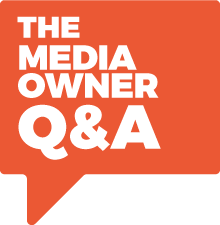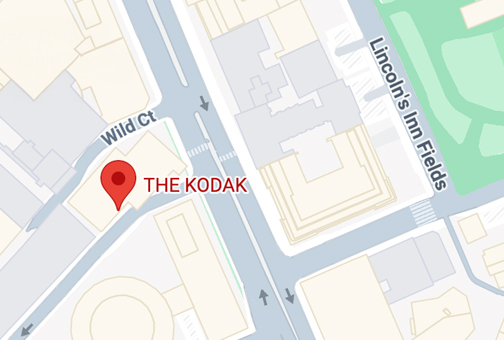
With his partner-in-crime Will Tapp, new UKOM Commercial Board member Sameer Modha looks after the Measurement Innovation Team at ITV. Their goal is to be able to measure all the value that advertising on TV creates, for every advertiser. In our first Media Owner Q&A, Sameer explains what Ipsos iris brings to the party.
Q. Why did you join the UKOM Commercial Board and what’s top of the agenda?
The official answer, which also happens to be true, is that I think it’s a great product and dataset, which has a lot more value to give through product innovation than we’ve yet seen. Since a lot of those things will help me with my goals as well it was an easy, selfish yes. The unofficial answer is that I just love data strategy puzzles and this is a good ‘un.
Q. The sheer number of data suppliers out there is mind-boggling, so why did ITV choose UKOM-endorsed Ipsos iris, and why now?
In terms of online behavioural data, there isn’t that much choice. If you’re thinking of cross-device measurement, it’s even slimmer pickings. There are providers that take large scale web visits through things like browser plugins and crunch it into something usable, but the challenge there is weighting it back to the population sensibly. Other firms start with bijou behavioural panels, which are beautifully put together but too small to detect enough behaviour to be usable for a wide range of advertisers. Ipsos iris is Baby Bear’s Porridge - just right.
Q. Everyone has an opinion on digital audience measurement and what should be in the mix. What's the single most important factor for you?
I’d have to say behavioural outcomes. TV has historically been great at eyeball measurement. BARB was the original ‘big data’, and with new innovations like the Focal Meter, continues to be a great source of who watched what. But the measurement landscape has changed. Platforms sell outcome-denominated ad products now. You don’t buy eyes, you buy clicks, visits and conversions instead. To demonstrate value in today’s media landscape TV has to be able to be seen through the lens of outcomes - particularly intermediate digital behaviours.
Q. At UKOM we've spent time explaining that comparisons with previous data are unhelpful, that long-term past trend data isn't the key benefit of Ipsos iris. Are you comfortable that the arrival of Ipsos iris in 2021 marked year zero, a reboot?
Anyone who has been in the industry for a while has had to live through a break in a time series. It’s irritating at the time, but people soon forget about it. With shorter-term media planning cycles and in-flight optimisation being the norm, where we are now matters more than how we got there.
Q. Looking to the future, and imagining no constraints, how would you like to see online audience measurement evolve in the UK?
No constraints is a dangerous thing to say to a measurement person because I’d want an absurdly expensive, single-source panel as big as the Ritz. There are small single-source panels around today and they have their uses, but scaling them is a chicken-and-egg nightmare. I sometimes like to imagine an alternative, steampunk future. Back when TV audience measurement was being set up, what if we’d spent ten times as much and built a single panel that measured both viewing and purchasing the way the platforms do? We’d pretest every ad for actual sales lift, ineffective ads would be prevented from running at all and airtime would be cheaper for advertisers with the best ads.
Q. Is it important to have an audience measurement solution that is tailored to the UK's unique situation?
Anyone who knows international data on online behaviour knows the UK is an extraordinary outlier, even more extreme than the US on some measures. I’ve never seen a good explanation why, just folk theories about how ‘Brits shared lack of sociability and high population density makes us go for online all the things’, but certainly the UK is a great test bed for measurement innovation. Is it unique? Not sure, but if a big behavioural panel isn't feasible here, it ain’t feasible anywhere.
Q. With a single source multi-device panel, Ipsos iris is more interoperable with other data sets, including PAMCo and IPA Touchpoints. Would you consider integrating iris with your own proprietary systems?
When it comes to measurement, we already are. There are a number of behaviours iris measures which are influenced by TV and we’re developing ways to scale and automate those, working with the brilliant Ipsos crew.
Q. A client has asked you to recommend a non-technical read about profitable media investment and how online advertising works, not just that it does. What do you recommend?
Oof. Not sure I know anyone that does a good job of explaining the technical stuff simply. And I’m not sure I’d agree that online ads are fundamentally different in how they work. That said I do know that a lot of ‘common sense’ theories about online behaviour are at odds with what we know - so maybe Duncan Watts' Everything is Obvious would be a good place to start. He explains, among other things, why chasing virality is a fool’s errand.










